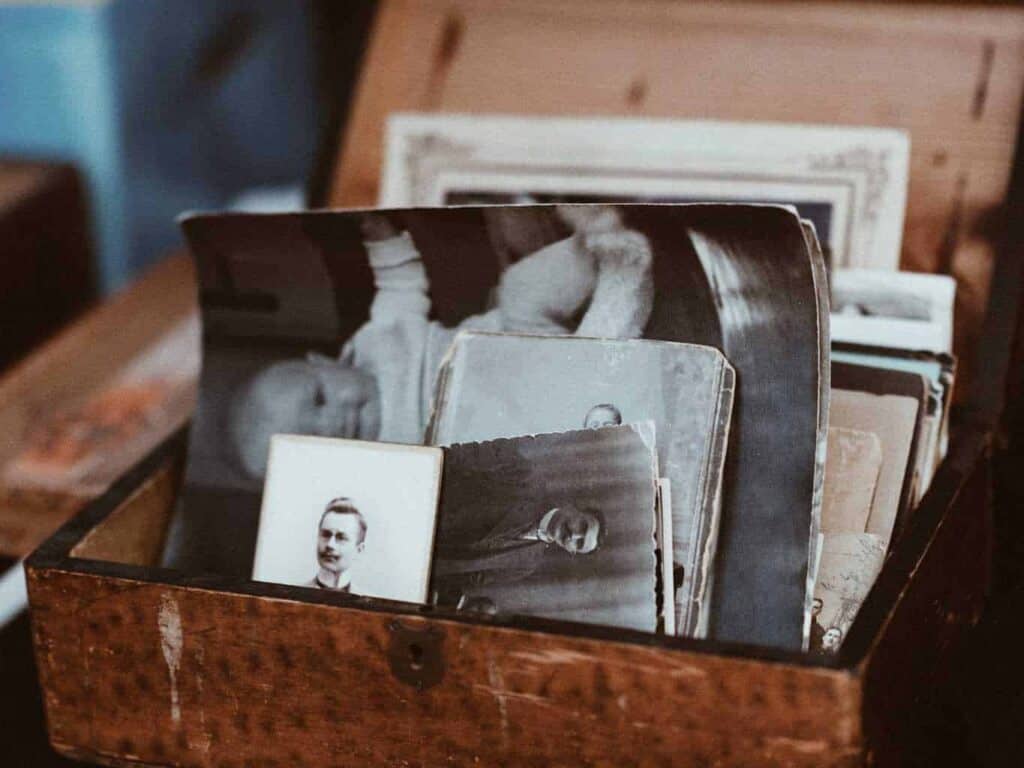While every family is unique, there are some things that many happy families have in common, such as maintaining treasured family traditions that bring them closer and reinforce their social values.
Family traditions don’t have to be big, showy events; in fact, some of the most meaningful are often the simplest.
Keeping Traditions Alive
Generations ago, people did much of their socialising within their families and small communities, but today, many families no longer live in close proximity to one another, making it difficult to be part of each other’s everyday lives.
This distance, though, makes it more important than ever for family members to make the effort to keep in touch with one another in order to build and maintain strong bonds.
Most people have some memories of childhood times that they hold dear. One of the best ways to keep the generations close is to continue those activities that held the most pleasure, so that future generations will associate them with family fun.
Something as simple as gathering family members for big weekend breakfasts or planning get-togethers for a specific week each summer can help to build family traditions.
Sharing Common Interests
Introducing kids and grandkids to hobbies is a great way to establish family traditions; there is a lot of truth to the old adage, “The family that plays together, stays together.”
Family members who share similar interests have many opportunities to spend time with one another, participating in activities that they find enjoyable.
Whether playing golf, riding roller coasters, or baking cakes, families who take pleasure in each other’s company are likely to look for additional ways to spend time together.
In many families, volunteering is a great family tradition, reinforcing not only the bonds that they share but also the importance of giving back and establishing social values in younger family members.
Adults who provide examples of caring and social activism are likely to raise future generations of children who view volunteering as an important and valuable endeavour.
Holidays & Special Events
Most families, even those who do not live near one another, try to get together for special occasions and other special events. Sharing Christmas and birthday traditions helps children to feel connected to their extended families in easy that they will take with them throughout their lives.
When possible, family members may want to try to extend their visits with out-of-town guests so that they can share more time than just what is scheduled.
Although weddings, graduations, and other celebrations are lovely occasions to get together, time at the actual events can be so structured that guests don’t necessarily have the opportunity to chat and catch upon one another’s lives.
By planning to stay for a few extra days, families can enjoy each other’s company in more relaxed conditions.
Family Heirlooms
For some, passing down a treasured family heirloom is a long-standing tradition. A piece of jewellery, set of dishes, or childhood toy can be even more meaningful when it has family history attached to it.
Grandparents may want to consider which of their possessions that they think their family members might enjoy owning.
Those with sentimental value are usually the most treasured, so choosing items for each family member based on their individual interests or shared experiences can make heirlooms that much more meaningful and appreciated.
The love that is shared by family members is something to celebrate. Grandparents can help their families to stay closely bonded by taking time with each of their children and grandchildren, letting them know that they are valued.
While some families have grand traditions, most are happy to build a series of small memories, that when added up, create a rich family tapestry.


